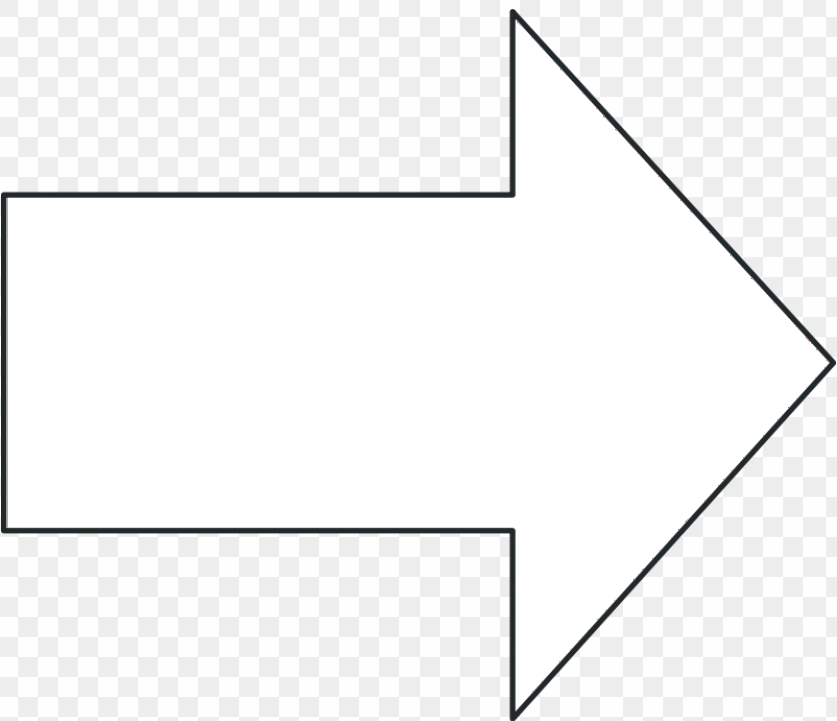Evidence shows that lowering blood pressure decreases the risk of adverse cardiovascular outcomes such as heart disease, stroke, and death.1-7 Further, meta-analyses as well as national and international guidelines suggest that lowering blood pressure decreases risk of these outcomes regardless of which agent is used.2-4
Monotherapy trials of chlorthalidone can provide information about its blood pressure lowering effects. A 2014 Cochrane Review meta-analysis looked at monotherapy trials with thiazide diuretics for the treatment for primary hypertension.8 The review included seven trials that compared chlorthalidone monotherapy to placebo. The mean baseline blood pressure in these trials was 163/88 mmHg. Chlorthalidone at dosages of 12.5 mg-75 mg/day reduced average blood pressure by an average of 12.0 mmHg (95% CI 10 to 14)/4 mmHg (95% CI 3 to 5).8 There was not enough evidence for a dose dependent blood pressure response to chlorthalidone, as higher doses elicited similar responses to lower doses.8
In a 2006 comparison of hydrochlorothiazide and chlorthalidone, chlorthalidone was significantly more effective than hydrochlorothiazide in reducing blood pressure based on 24-hour ambulatory monitoring but not based on office blood pressures.9 In this short trial, week eight ambulatory systolic blood pressures showed a greater reduction from baseline with chlorthalidone 25 mg/day compared with hydrochlorothiazide 50 mg/day (24-hour mean = -12.4+/-1.8 mmHg versus -7.4+/-1.7 mmHg; P=0.054; nighttime mean = -13.5+/-1.9 mmHg versus -6.4+/-1.8 mmHg; P=0.009).9 Office systolic blood pressure reduction was lower at week two for chlorthalidone 12.5 mg/day versus hydrochlorothiazide 25 mg/day (-15.7+/-2.2 mmHg versus -4.5+/-2.1 mmHg; P=0.001); but was not significantly different at week eight (-17.1+/-3.7 versus -10.8+/-3.5; P=0.84).9
Another 2016 study randomized 54 patients with stage one hypertension to receive either chlorthalidone, 6.25 mg, (n =16); hydrochlorothiazide 12.5 mg (n=18); or hydrochlorothiazide-CR 12.5 mg (n=20). Ambulatory blood pressure monitoring was performed at baseline, 4, and 12 weeks. Results showed that the 24-hour average blood pressure decreased by 11.1/7.8 mmHg after 12 weeks of chlorthalidone therapy.10
References
- Staessen JA, Fagard R, Thijs L, et al. Randomised double-blind comparison of placebo and active treatment for older patients with isolated systolic hypertension. The Systolic Hypertension in Europe (Syst-Eur) Trial Investigators. Lancet. 1997;350(9080):757-764.
- Law MR, Morris JK, Wald NJ. Use of blood pressure lowering drugs in the prevention of cardiovascular disease: meta-analysis of 147 randomised trials in the context of expectations from prospective epidemiological studies. BMJ. 2009;338:b1665.
- Turnbull F. Effects of different blood-pressure-lowering regimens on major cardiovascular events: results of prospectively-designed overviews of randomised trials. Lancet. 2003;362(9395):1527-1535.
- Blood Pressure Lowering Treatment Trialists C, Turnbull F, Neal B, et al. Effects of different regimens to lower blood pressure on major cardiovascular events in older and younger adults: meta-analysis of randomised trials. BMJ. 2008;336(7653):1121-1123.
- Five-year findings of the hypertension detection and follow-up program. I. Reduction in mortality of persons with high blood pressure, including mild hypertension. Hypertension Detection and Follow-up Program Cooperative Group. Jama. 1979;242(23):2562-2571.
- Effects of treatment on morbidity in hypertension. II. Results in patients with diastolic blood pressure averaging 90 through 114 mm Hg. JAMA. 1970;213(7):1143-1152.
- Cardiovascular risk and risk factors in a randomized trial of treatment based on the beta-blocker oxprenolol: the International Prospective Primary Prevention Study in Hypertension (IPPPSH). The IPPPSH Collaborative Group. J Hypertens. 1985;3(4):379-392.
- Musini VM, Nazer M, Bassett K, Wright JM. Blood pressure-lowering efficacy of monotherapy with thiazide diuretics for primary hypertension. Cochrane Database Syst Rev. 2014(5):CD003824.
- Ernst ME, Carter BL, Goerdt CJ, et al. Comparative antihypertensive effects of hydrochlorothiazide and chlorthalidone on ambulatory and office blood pressure. Hypertension. 2006;47(3):352-358.
- Pareek AK, Messerli FH, Chandurkar NB, et al. Efficacy of Low-Dose Chlorthalidone and Hydrochlorothiazide as Assessed by 24-h Ambulatory Blood Pressure Monitoring. J Am Coll Cardiol. 2016;67(4):379-389.




